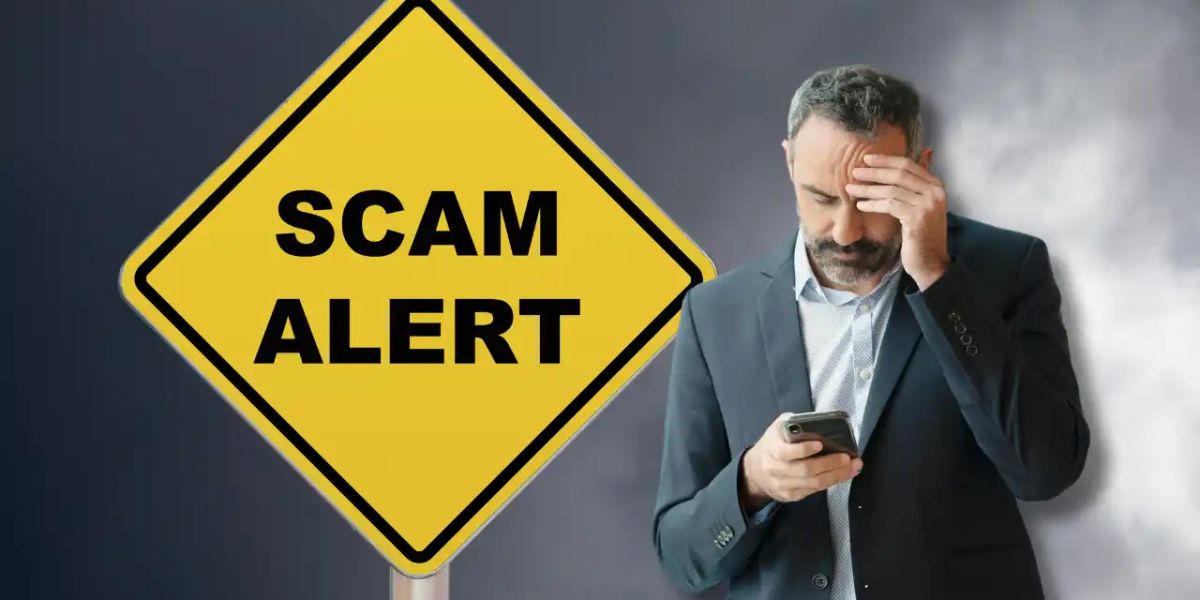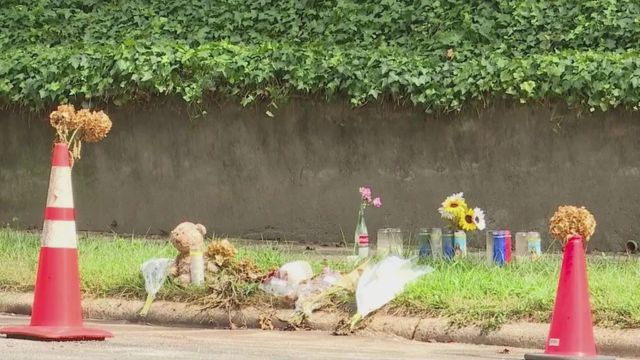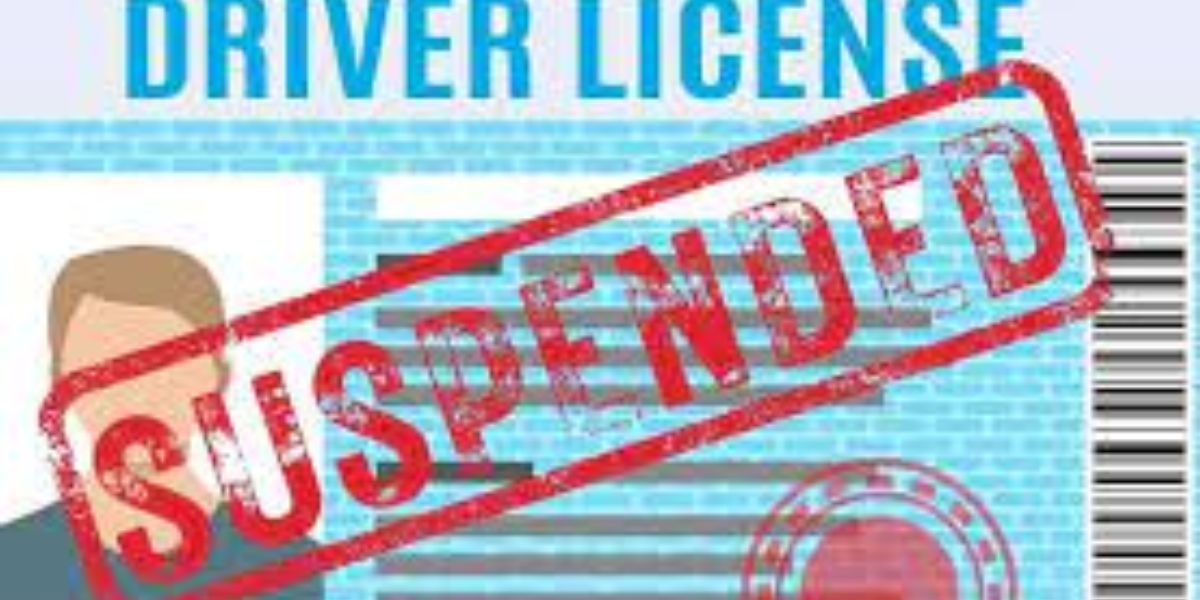Florida has long been known as a hotspot for retirees, vacationers, and entrepreneurs, but it’s also a prime target for scammers looking to take advantage of unsuspecting residents and visitors. From phishing attacks to fraudulent investment schemes, scams in the Sunshine State are evolving in both complexity and frequency.
If you live in Florida or are planning a visit, it’s crucial to stay vigilant and informed. Here are the five latest scams you need to watch out for in Florida.
1. Rental Scams: Beware of Fake Listings
With Florida being a top destination for tourists and new residents, rental scams have surged in popularity. Scammers are now creating fake listings for vacation homes, condos, and apartments on popular platforms like Craigslist, Zillow, and even Airbnb.
They often use real photos of properties and offer deals that seem too good to be true. Once a potential renter expresses interest, they’re asked to wire money upfront or provide personal information, only to find out that the listing was a complete fraud.
How to Protect Yourself:
- Always verify the legitimacy of listings by cross-checking property details with official sources.
- Avoid wiring money or paying via untraceable methods like gift cards.
- Use reputable platforms that offer a secure payment process and protection for renters.
2. COVID-19 Vaccine Scams: Fake Vaccination Offers
While the COVID-19 pandemic is less of an immediate threat, scammers continue to exploit vaccine-related concerns. Fraudsters in Florida are sending out fraudulent emails, texts, or social media messages claiming to offer early access to the vaccine or promising discounted rates.
In some cases, they may ask for personal information or payment in exchange for a “priority spot” for vaccination appointments, which is a scam to steal your money or identity.
How to Protect Yourself:
- Ignore unsolicited messages offering vaccines or asking for payments.
- Only get your vaccine from authorized, official providers like the Florida Department of Health.
- Do not share personal information unless you’re certain of the legitimacy of the request.
3. Home Improvement Scams: Unlicensed Contractors
Home improvement scams have risen dramatically in Florida, particularly in the aftermath of hurricanes or other natural disasters. Scammers, posing as contractors, approach homeowners with promises of repairs or renovations at “discounted prices.” They often request a deposit upfront, but after receiving the payment, they either do shoddy work or vanish altogether, leaving homeowners without the repairs they were promised.
How to Protect Yourself:
- Always verify contractors’ licenses through the Florida Department of Business and Professional Regulation.
- Ask for references and review their past work before agreeing to any contract.
- Avoid paying for the full cost of work upfront. Use a payment plan tied to project milestones.
4. Prize and Sweepstakes Scams: “You’ve Won!” But at What Cost?
One of the most common scams in Florida is the “you’ve won” sweepstakes scam. In these cases, individuals receive a phone call, email, or text claiming they’ve won a large sum of money, a vacation, or a car.
However, to claim the prize, the recipient is asked to provide personal details or pay a “processing fee” upfront. The scammer then disappears with the money, and the victim is left empty-handed.
How to Protect Yourself:
- Remember that legitimate sweepstakes or prizes don’t require payment upfront.
- Be cautious about unsolicited calls or messages from unknown organizations claiming you’ve won something.
- If it seems too good to be true, it probably is.
5. Romance Scams: Fraudulent Online Relationships
Romance scams have become increasingly prevalent, especially with the rise of online dating platforms and social media. Scammers create fake profiles to lure victims into romantic relationships.
Once trust is established, they fabricate a crisis—such as a medical emergency or travel trouble—and request financial help. Unfortunately, victims often end up sending large sums of money to the scammer before realizing they were never in a real relationship.
How to Protect Yourself:
- Be cautious when forming online relationships with people you haven’t met in person.
- Avoid sending money or gifts to someone you’ve only communicated with online.
- Look out for red flags such as rushed declarations of love or requests for money under emotional pretenses.
Final Thoughts: Staying Safe in Florida
Scams in Florida are constantly evolving, and the most dangerous ones are often the hardest to spot. Whether you’re renting a vacation home, looking for a contractor, or even looking for love online, it’s important to stay vigilant and skeptical of offers that seem too good to be true. In many cases, scams are avoidable with just a little bit of research and caution.
If you suspect you’ve fallen victim to a scam, report it immediately to the Florida Attorney General’s Office, the Federal Trade Commission (FTC), or local law enforcement. By staying aware of these common scams and learning how to protect yourself, you can enjoy your time in Florida without falling prey to fraudsters looking to take advantage.







